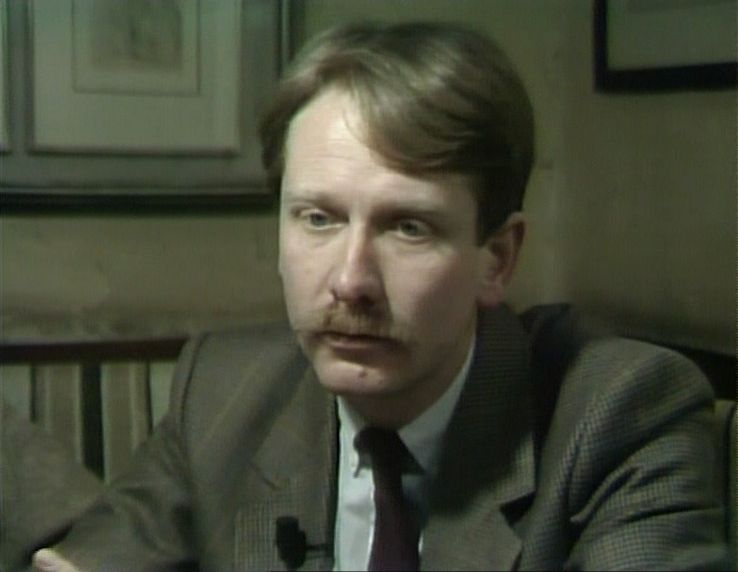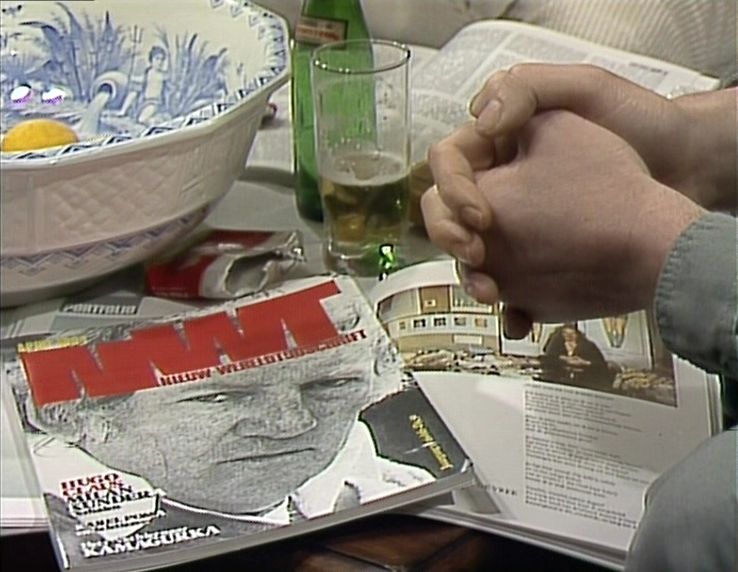Ijsbreker 14: Literaire tijdschriften
1984 00:59:50 col.During the beginning of the eighties there were about eighty different literary magazines in Flanders, even though in the overall picture renowned editors and authors were few and far between. This episode of ‘Ijsbreker’ came about following the creation of two new magazines from the ashes of the Nieuw Vlaams Tijdschrift: the Nieuw Wereldtijdschrift (NWT) and Diogenes. The first one was represented by its three chief editors (Paul Dewispelaere, Herman De Coninck, Piet Piryns), the second by editor-in-chief Georges Ade and collaborator Sven-Claude Bettinger. Through radio links the two separate locations were connected live with the studio, where two critics - Frans Boenders and Freddie De Vree – asked questions about the impulses and future plans of both magazines, on the assimilation between avant-garde and tradition, journalism and literature and, finally, the underlying convictions and political ties. Whereas Diogenes gave of a smell of outspoken Flemish-nationalism, NWT was more anointed with socialism – so it didn’t come as a surprise that the respective editors were not about to treat each other very nicely. The founders of NWT themselves preferred the term ‘left, non-party-related, progressive signature’. At first they had wanted to become a Flemish Vanity Fair, to turn against rampant non-news, hollow stories, through a self-righteous combination of literature and journalism – a reciprocal challenge. As De Coninck once wrote: “news is noted, literature is scrutinized. One is for your information, the other is a gift." Part of the BRT (Belgian radio and television broadcast network) television series ’Ijsbreker’ (’Icebreaker’).
Original broadcast date: 14/03/1984.


Directed by Cornelis, Jef
Directed by De Geest, Mark
Directed by Schoetens, Karel
Directed by Claeys, Jackie
With de Wispelaere, Paul
With Boenders, Frans
With de Vree, Freddy
With De Coninck, Herman
With Adé, Georges
With Piryns, Piet
With Bettinger, Sven-Claude
Technical co-ordination Devogelaere, Piet
Technical co-ordination Nonneman, Frans
Technical manager Guldentops, Frans
Technical manager Baes, Louis
Technical manager Derkinderen, John
Manager radiobeam link Vandepitte, Julien
Lab manager Deloose, Etienne
Lab manager Coenaerts, Mark
Location manager Callebaut, Willy
Location manager Kerkhove, Dirk
Location manager Palmans, Louis
Research Van Kerkhoven, Marianne
Voice; research Hoste, Pol
Assistant to the director Vanhooren, Veerle
Produced by BRT (Dienst Kunstzaken)
Producer Bekkers, Ludo
